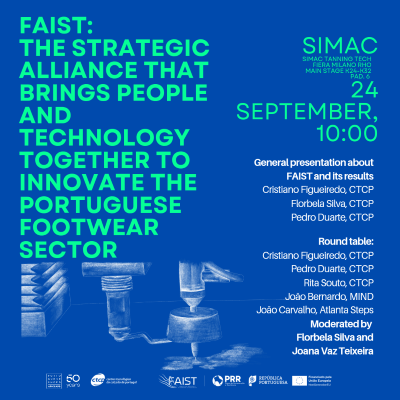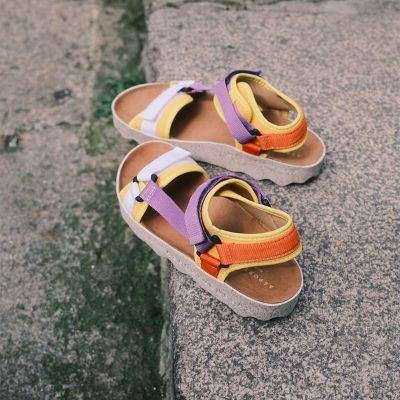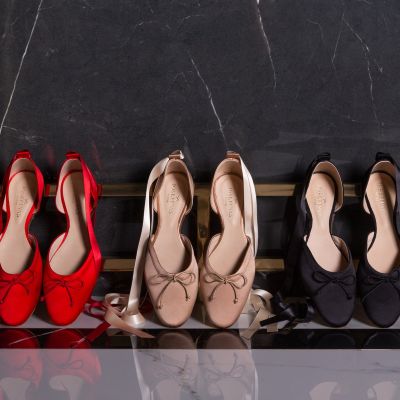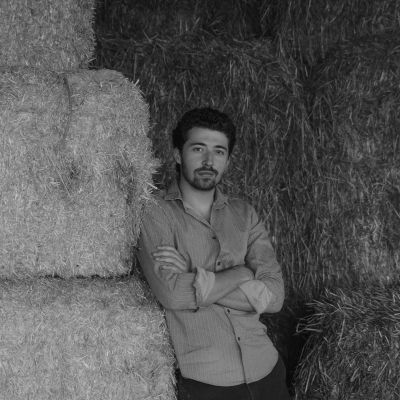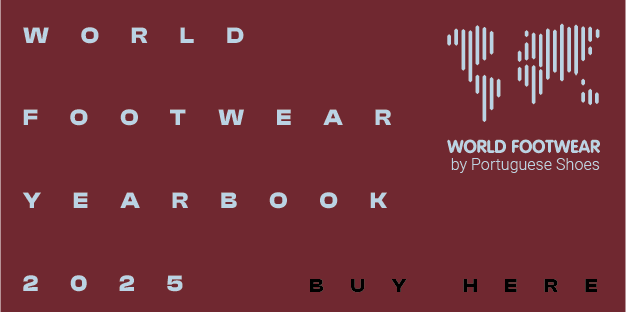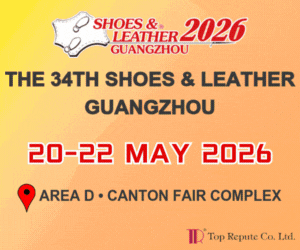BioShoes4All took centre stage at MICAM
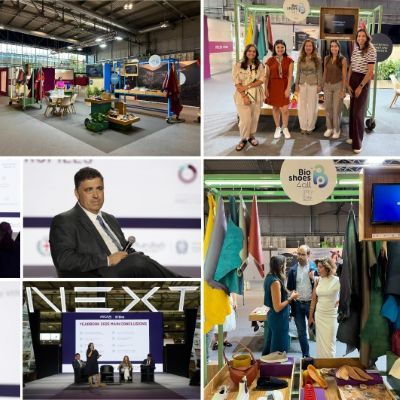
BioShoes4All, a project coordinated by the Portuguese Footwear Technology Centre (CTCP) focusing on the development of sustainable footwear, presented its main results at the last edition of MICAM
The 100th edition of MICAM, which took place from the 7th to the 9th of September in Milan, Italy, hosted the presentation of the BioShoes4All project’s main results. Coordinated by CTCP, the project brought together around 70 partners, including companies, scientific and technological entities, associations and universities, with the aim of accelerating the footwear industry’s transition to a circular bioeconomy.
The project was present throughout the event with its own stand, and on the last day of MICAM the “BioShoes4All: Paving the Way to a Sustainable Footwear Industry” conference was held. Moderated by João Maia, Director-General of APICCAPS, the conference featured presentations on ‘The Footwear Industry in the World’ by Joana Vaz Teixeira (World Footwear), ‘A New Generation of Products’ by Maria José Ferreira (BioShoes4All, CTCP) and ‘The Importance of Ecodesign’ by Matteo Pasca (Arsutoria School).
Speaking to the media in Milan, Maria José Ferreira, the research director of CTCP and coordinator of BioShoes4All, praised the involvement and fruitful collaboration of the dozens of companies that make up the project consortium.
“These 50 manufacturers of footwear, materials and components – including leather, insoles, coated textiles and soles – together with developers of production and software technologies and more than 20 entities from the scientific and technological system, are researching and developing products with previously unseen solutions”, she said.
The high level of research involved in BioShoes4All is already bearing fruit in the form of shoes, and on treating materials such as leather and hides. “We can transform a number of raw materials, such as pine bark, coffee grounds and olive leaves, into bio-based chemicals. These are then added to the hides, which are chemically stabilised to turn them into functional leathers”, she explains.
“The materials and products include food by-products from humans or animals, such as rice husks, cereals, olive pits, chestnuts, mussel shells, vine prunings and seaweed. These reinforce or create new materials, such as insoles, reinforcements and soles. This process adds value to waste from national agroforestry industries, such as pine bark, coffee or olive tree extracts for tanning hides. Leather production waste and components are recycled to create new leathers and components, including headpieces, counters, soles, and footwear”.
Ultimately, it is expected to lead to the production of more sustainable and environmentally friendly products, which are becoming increasingly common on the market and meet consumer demands.
About BioShoes4All
Backed by an investment of 62 million euros, 40 million of which came from the PRR (Recovery and Resilience Plan), the BioShoes4All project, coordinated by CTCP, is built around five pillars: biomaterials, eco-friendly footwear, the circular economy, advanced production technologies, and training and promotion.As part of the BioShoes4All project, plans are in place to incorporate industrial pilot lines into the manufacturing units of consortium companies and to develop around fifty more environmentally friendly products. To this end, techniques that enhance the leather tanning process and reduce environmental impact are being investigated and developed, and new uses for by-products from the food industry are being found.
Source and Image Credits: ctcp.pt



